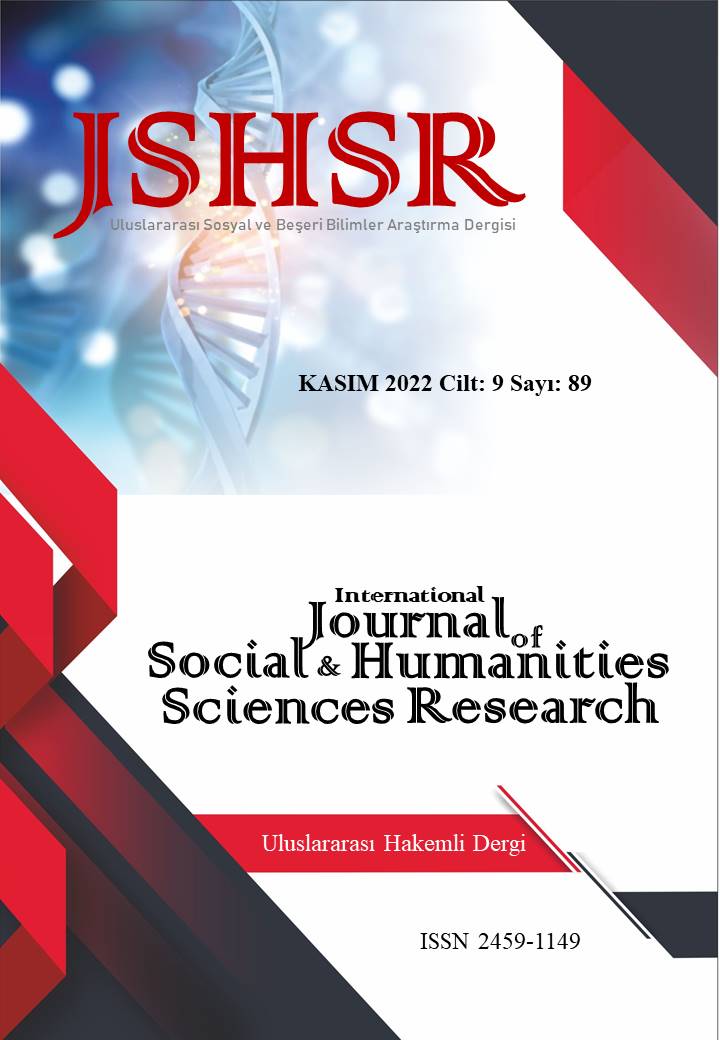MICRO NATIONALISM; A MODERNIST BUILDING OR A PHANTOM OF THE PAST; AN EVALUATION IN THE CONTEXT OF MODERNIST AND ETHNO SYMBOLIST NATIONALIST THEORIES
DOI:
https://doi.org/10.26450/jshsr.3340Keywords:
Nationalism, Modern Nationalism Theory, Ethno Symbolist Nationalist Approach, Micro NationalismAbstract
The emergence of nationalism as an ideology affecting all world societies followed a parallel course to the emergence of nation-states in the West. It has been influential in shaping the political, cultural, and social structures of today's societies. Different theories and different perspectives have been developed to explain the development of nationalism and its impact on societies.
The modern nationalist theory, one of the theoretical approaches to the explanation of nationalism, has considered nationalism as a modern phenomenon. In the theory, it has been accepted that the political, economic, and social changes that emerged with modernization are the main dynamics of the emergence of nationalism. In the ethnic-symbolic approach, which is another theory for the explanation of nationalism, there is an understanding that accepting the modernization process as the starting point of nationalism is an incomplete understanding, and instead, there is an understanding of associating nationalism with pre-modern ethnic belongings or awareness of common origin.
From the moment it emerged, nationalism has been an important form of belonging in the construction and continuation of nations and has preserved its existence by gaining different forms with modernity (national socialism, fascism, radical democracy, micro nationalisms, etc.). One of the new forms of nationalism in modern times is micro-nationalism. Micro-nationalism includes understandings based on the creation of a sense of belonging to “us” on the basis of their own tribe, sect, or ethnic group consciousness by rejecting the understanding of “national us” that the dominant culture builds on its own common values such as history and culture. In this article, a detailed evaluation of modern and ethnic-symbolist nationalist theories in the emergence and development of micro-nationalism is presented, and evaluations based on theoretical comparisons about the context in which micro-nationalism should be handled are included.
Downloads
Published
How to Cite
Issue
Section
License
Copyright (c) 2022 INTERNATIONAL JOURNAL OF SOCIAL HUMANITIES SCIENCES RESEARCH

This work is licensed under a Creative Commons Attribution 4.0 International License.


